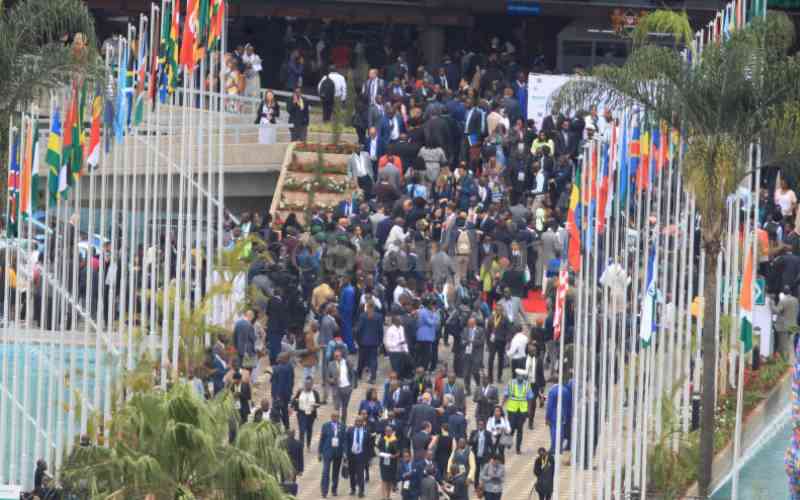×
The Standard e-Paper
Kenya’s Boldest Voice

Before a parked conference hall in the Spanish capital of Madrid, Swedish climate activist Gretta Thunberg wagged a finger as she shook with fury.
The object of her anger was the mere mention of President Donald Trump's decision to pull the US out of the Paris Agreement on climate change.